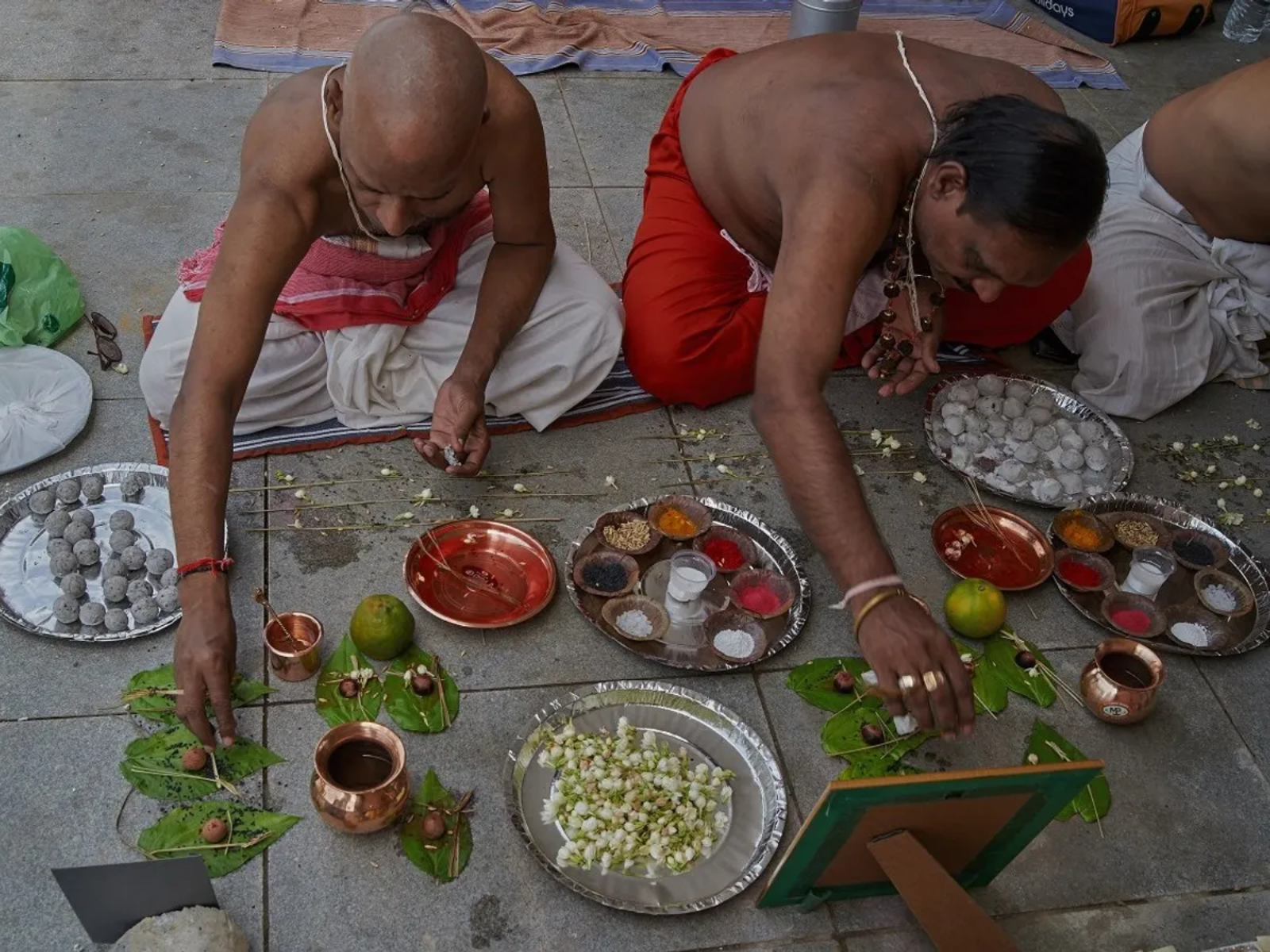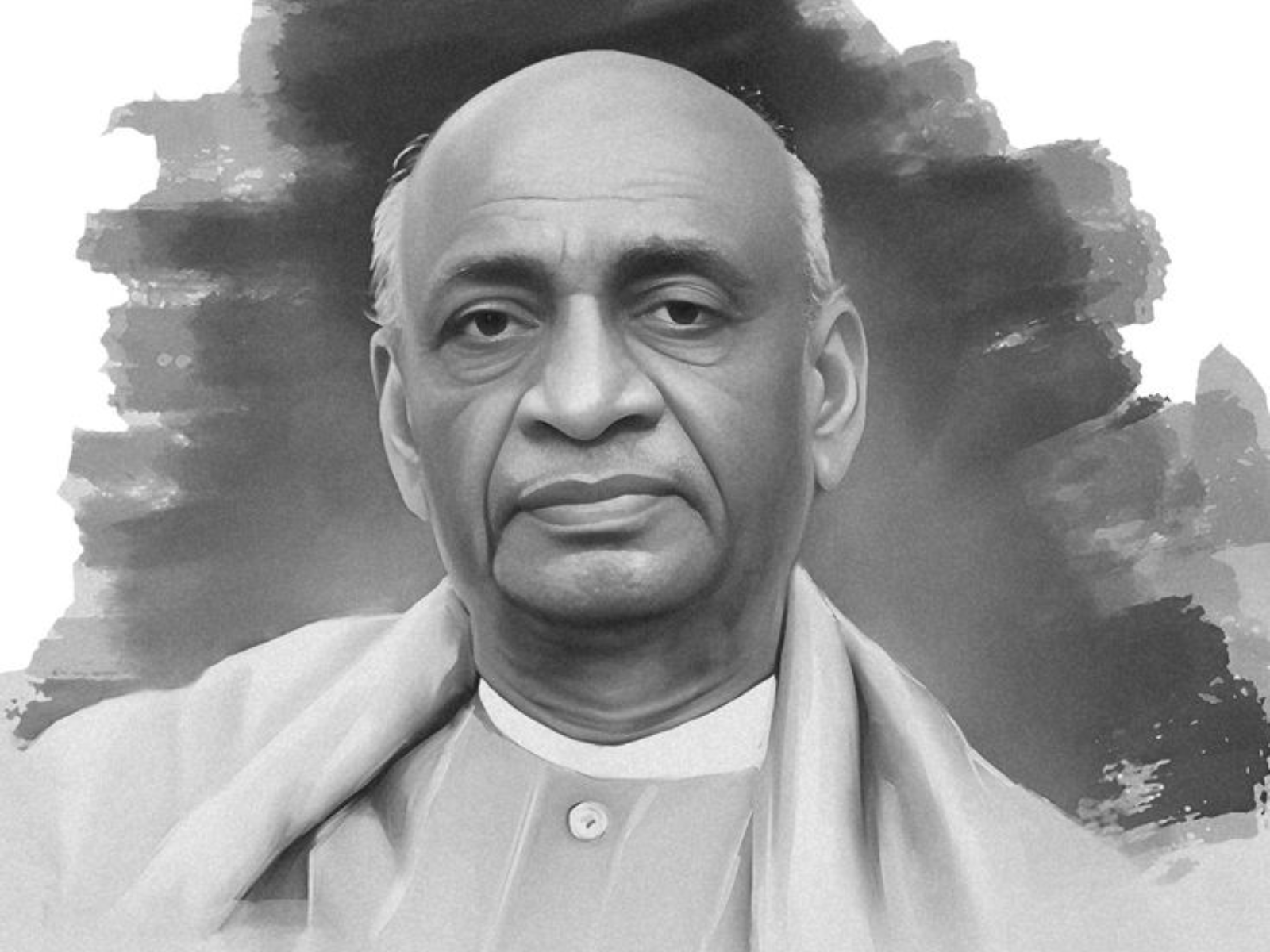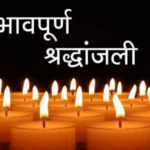Now Reading: Atal Bihari Vajpayee
-
01
Atal Bihari Vajpayee
Atal Bihari Vajpayee
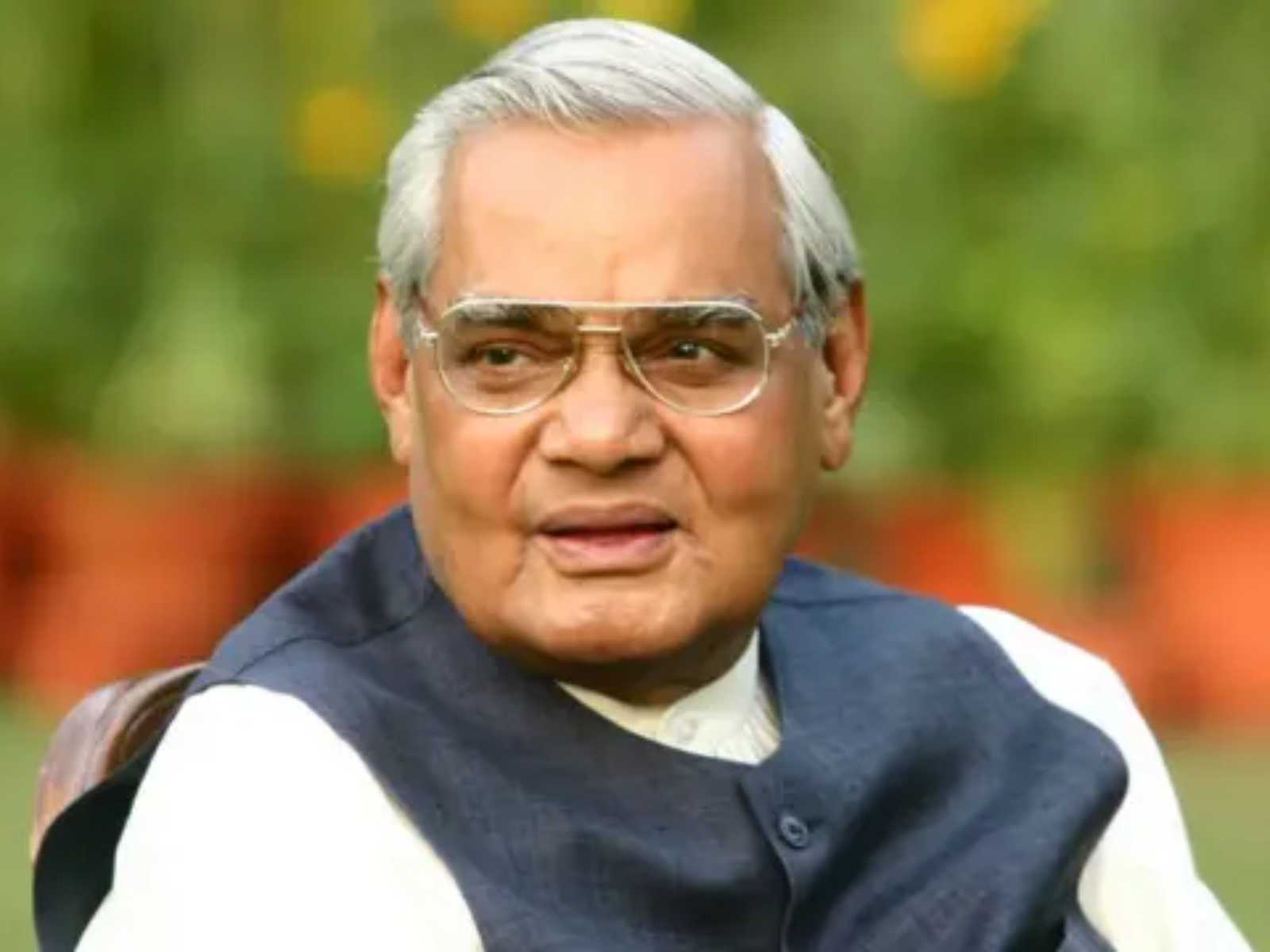
Atal Bihari Vajpayee: A Tribute to India’s Visionary Leader
Introduction
Atal Bihari Vajpayee, born on December 25, 1924, in Gwalior, Madhya Pradesh, was a statesman, poet, and the 10th Prime Minister of India. His tenure in office, spanning three terms, marked a transformative period in India’s political and economic landscape. Beyond his political acumen, Vajpayee was revered for his eloquence, integrity, and unwavering commitment to the nation’s progress. This tribute aims to delve into his multifaceted life, highlighting his contributions, values, and the enduring legacy he left behind.
Early Life and Education
Born into a humble family, Vajpayee’s early education laid the foundation for his illustrious career. He completed his schooling in Gwalior and later pursued higher education at Victoria College, Gwalior, and DAV College, Kanpur, where he earned his degrees in arts. His academic journey was marked by a keen interest in literature and political science, subjects that would influence his future endeavours.
Political Journey
Early Political Involvement
Vajpayee’s political journey began in the early 1950s when he joined the Bharatiya Jana Sangh (BJS), the predecessor to the Bharatiya Janata Party (BJP). Under the leadership of Syama Prasad Mookerjee, Vajpayee quickly rose through the ranks, known for his oratorical skills and ideological clarity.
Rise to Prominence
In 1968, Vajpayee became the president of the BJS, succeeding Deendayal Upadhyaya. His leadership was instrumental in shaping the party’s direction and expanding its influence across India. Following the merger of BJS with other parties to form the Janata Party in 1977, Vajpayee served as the Minister of External Affairs, showcasing his diplomatic acumen.
Leadership of the BJP
In 1980, Vajpayee became the first president of the newly formed BJP. His vision and leadership transformed the party into a formidable political force, emphasising nationalism, cultural pride, and economic development.
Tenure as Prime Minister
First Term (1996)
Vajpayee first served as Prime Minister in 1996 for a brief period of 13 days. Despite the short tenure, his leadership during this time was marked by efforts to stabilise the coalition government and set the stage for future reforms.
Second Term (1998–1999)
In 1998, Vajpayee returned as Prime Minister, leading a coalition government. His administration is noted for the successful nuclear tests at Pokhran, asserting India’s position as a nuclear power on the global stage. This bold move was accompanied by a commitment to peace, as Vajpayee extended a hand of friendship to neighbouring Pakistan.
Third Term (1999–2004)
Vajpayee’s third term as Prime Minister was marked by significant infrastructural developments, including the Golden Quadrilateral project, which aimed to connect major cities through highways, and the Pradhan Mantri Gram Sadak Yojana, focusing on rural connectivity. His government also emphasised economic reforms, leading to sustained growth and development.
Core Values and Leadership Style
Integrity and Ethics
Vajpayee was known for his unwavering integrity and ethical approach to politics. He believed in transparent governance and held himself and his colleagues to high moral standards.
Vision for India
His vision for India encompassed economic prosperity, social harmony, and global recognition. He advocated for a balanced approach to development, ensuring that progress reached all corners of the nation.
Commitment to Democracy
A staunch believer in democratic values, Vajpayee upheld the principles of justice, equality, and freedom. He respected dissent and believed in constructive dialogue as the cornerstone of a healthy democracy.
Literary Contributions
Beyond politics, Vajpayee was a prolific poet and writer. His literary works, primarily in Hindi, reflect his deep understanding of Indian culture and philosophy. His poems often touched upon themes of nationalism, humanism, and the beauty of life
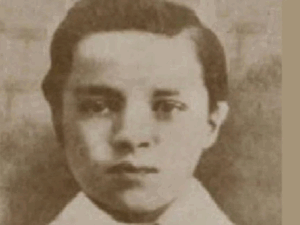
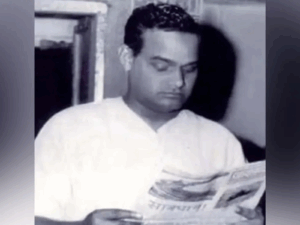
Legacy and Recognition
Bharat Ratna Award
In 2015, Vajpayee was honoured with India’s highest civilian award, the Bharat Ratna, in recognition of his exceptional service to the nation.
Memorials and Tributes
Following his passing on August 16, 2018, a state funeral was held, and his ashes were immersed in the Ganga at Haridwar. The Government of India established a memorial named ‘Sadaiv Atal’ near Raj Ghat in New Delhi, serving as a testament to his enduring legacy.
Atal Bihari Vajpayee on Shradhanjali.com
Shradhanjali.com, India’s first tribute portal, offers a platform to honour and remember departed souls. The website allows users to create memorials, share biographies, upload photos and videos, and post condolence messages. On the occasion of Atal Bihari Vajpayee’s death anniversary, the portal provides a space for individuals to pay their respects and celebrate his life and contributions.
Conclusion
Atal Bihari Vajpayee’s life was a blend of politics, poetry, and patriotism. His leadership not only shaped India’s political landscape but also inspired generations to come. Through his vision, integrity, and commitment to the nation, he remains a beacon of hope and a symbol of India’s aspirations. As we remember him, let us strive to uphold the values he cherished and continue the journey towards a prosperous and harmonious India.

